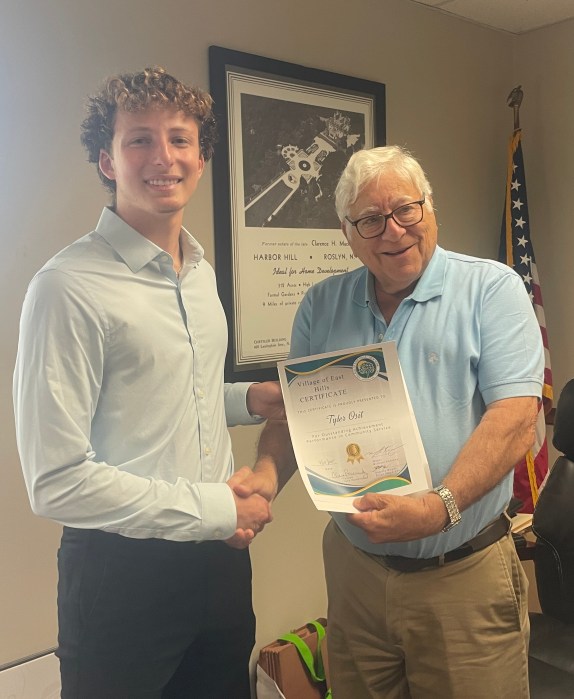High cholesterol is bad. Elevated bad cholesterol (LDL) is even worse, and one New Hyde Park doctor is working on a study to change that.
Dr. Kenneth Hershon, an endocrinologist at North Shore Long Island Jewish Hospital in New Hyde Park, along with a team of doctors across the world, is working on medication that blocks a protein that reduces the liver’s ability to remove LDL. The medication, called a PCSK9 inhibitor, allows liver cells to take more LDL from blood because it blocks the PCSK9 protein. Hershon feels this could “change the game.”
The average LDL cholesterol should be about 70 for people at risk for heart disease. A healthy person’s LDL level is near 100.
The interest in creating better LDL medication started after a 32-year-old, Dallas, TX female aerobics instructor was found to have an LDL level of 14. This occurred because of a gene mutation that was passed down to her from her father.
According to Hershon, this sparked pharmaceutical companies like Pfizer, Sanofi and Amgen (the company that’s funding the study Hershon is working on) to fast track medication research to treat high levels of LDL. Scientists are hoping that the Texas woman’s genetic makeup can help them foster a remedy.
“What they found [with the woman] was that this person was homozygous, which uprated the LDL receptors in the liver, which lets her break down the cholesterol,” he said.
Amgen is conducting The Fourier Study, which is working find a different approach to reducing LDL cholesterol. The study examines people between 40 and 85 years of age who have a history of heart attack, stroke or peripheral arterial disease.
The test will analyze 22,500 people across the globe who are considered high-risk patients. The study will chronicle patients that are on a cholesterol inhibitor. If their LDL levels are above 70, they’d be put into a Fourier trial.
“We want to know if lowering LDL with this medication will have an effect on longterm outcomes,” said Hershon. “If it does, then it’s worthwhile. If it doesn’t, then it’s cosmetic. It’s ethical because…if you’re not at goal, [in this trial] you’ll potentially stay where you are right now or lower your levels and benefit you,” he said.
The study is in phase three, which is the final study phase before a company seeks approval to market a drug from the FDA. The PCSK9 being studied is called evolocumab, a monoclonal antibody developed by Amgen.
“We’ll study patients who either had a heart attack, stroke or vascular surgery,” said Hershon. “They are at the highest risk to have another event.”
High cholesterol levels are considered a risk factor of cardiovascular disease, including heart attacks and stroke, Hershon said. According to the Center for Disease Control, more than 71 million American adults have elevated LDL levels and only one-third of them have the condition under control.

































